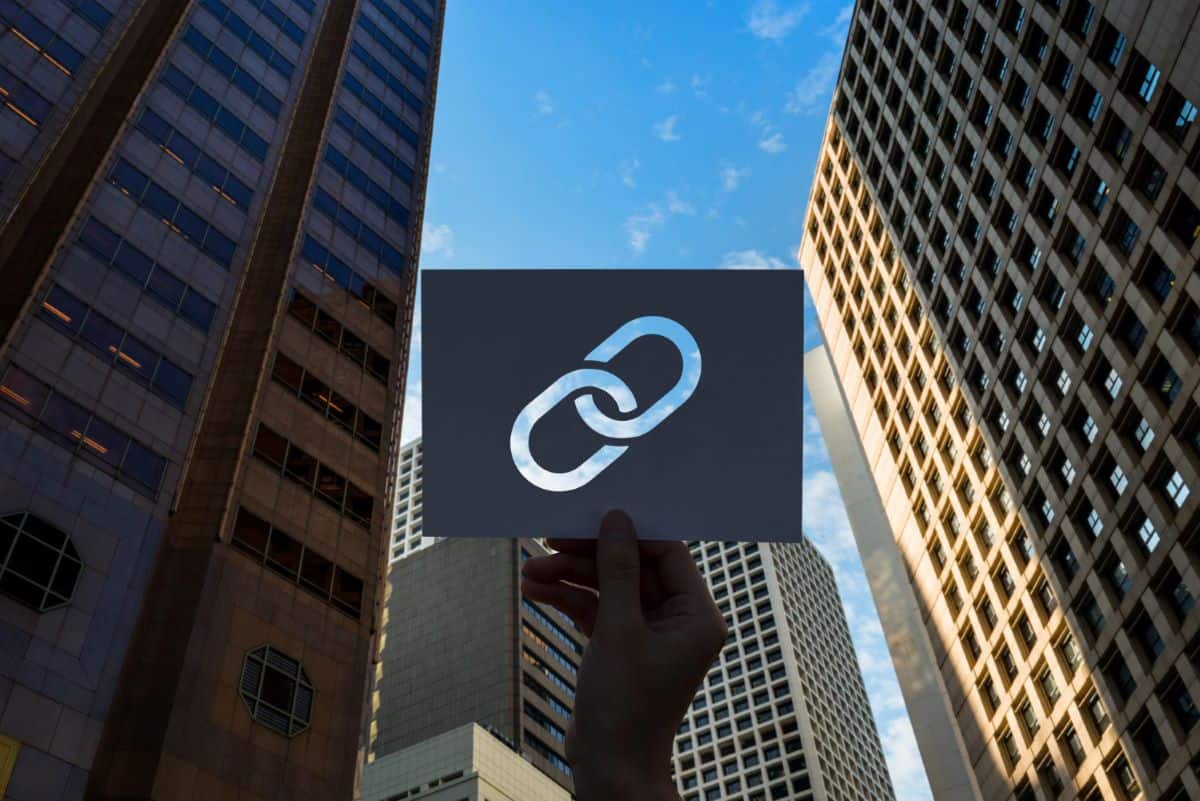
An outbound link is a hyperlink that redirects from a website to an external page. This type of connection is fundamental in the internet ecosystem as it allows linking information, providing references, and enriching the user experience. In the realm of SEO, outbound links contribute to rankings when used strategically, helping to build trust and authority between websites.
Google and other search engines view links as a quality signal. When content links to highly relevant and credible external sources, it reinforces its own value, indicating that the content is well-supported. However, care must be taken with the destination of these links, as directing users to unreliable pages can cause more harm than good.
Including outbound links on a website can bring multiple advantages if used appropriately. Some key benefits include:
Enhancing user experience: Links directing users to additional or complementary resources improve their understanding of the topic and enrich navigation.
Strengthening credibility: Referencing trustworthy and relevant sources increases the perception of authority for the website.
Boosting rankings: Strategically linking to well-ranked sites reinforces the content’s theme and optimises semantic SEO.
Encouraging Interaction: External links can increase the time users spend exploring related information, indirectly benefiting user behaviour metrics.
Common mistakes when using outbound links
While outbound links offer significant benefits, improper use can negatively impact both rankings and user experience. Common mistakes include:
To avoid these pitfalls, it is essential to design a clear strategy and perform frequent website audits.
Strategic use of outbound links can make a significant difference in a website’s performance. Recommended practices include:
Choosing authoritative sources: Linking to recognised institutions, government bodies, or reputable media outlets builds trust in the content.
Maintaining topical relevance: Ensure external links directly relate to the content topic to maintain coherence.
Using optimised anchor text: The linked words should be descriptive and reflect the target content, avoiding generic phrases like “click here.”
Striking a balance: Incorporate external links without neglecting internal links, as both are crucial for an effective SEO strategy.
Both types of links play an essential role in SEO, but their purposes and uses differ. Internal links direct users to other pages within the same website, enhancing structure and navigation. Outbound links, on the other hand, connect to external sites, establishing relationships with other pages and enriching the user experience with additional sources.
While internal links help retain authority within a domain, outbound links diversify and validate the content. To maximise results, it’s important to balance both in every digital strategy.
Managing and optimising outbound links can benefit from specialised tools that simplify monitoring and analysis. Recommended options include:
These tools help maintain link quality and ensure their use positively impacts rankings.
While the exact weight of outbound links in Google’s algorithm is not fully disclosed, various studies and case examples have shown that they positively influence content evaluation. Google especially values sites that add user value through relevant and reliable references.
However, overuse or misuse of external links can lead to penalties. For instance, linking to untrustworthy sites, failing to use proper tags, or placing links in unnatural contexts may harm rankings. Therefore, their implementation must be careful and aligned with quality guidelines.
The importance of outbound links in SEO goes beyond their basic function of connecting pages. They are a powerful tool for improving user experience, strengthening credibility, and enhancing web rankings. Strategic use, combined with responsible practices and proper management, ensures benefits both technically and for site visitors.
Implementing outbound links is not just an SEO requirement but an opportunity to provide more valuable and relevant content, positioning your site as a trustworthy source in the vast digital ecosystem.
Outgoing links do not directly affect loading speed, but if they include external elements like scripts or widgets, they may slow it down. It is important to avoid linking to sites with heavy or non-optimized elements to enhance user experience.
There is no exact number, but maintaining a balance is suggested. Too many links can distract users, while too few may limit the content’s usefulness. Prioritizing the relevance and quality of each link is ideal.
Yes, opening outgoing links in a new tab enhances user experience by allowing them to continue exploring the original content. However, this practice should be used sparingly to ensure it does not interfere with intuitive navigation.